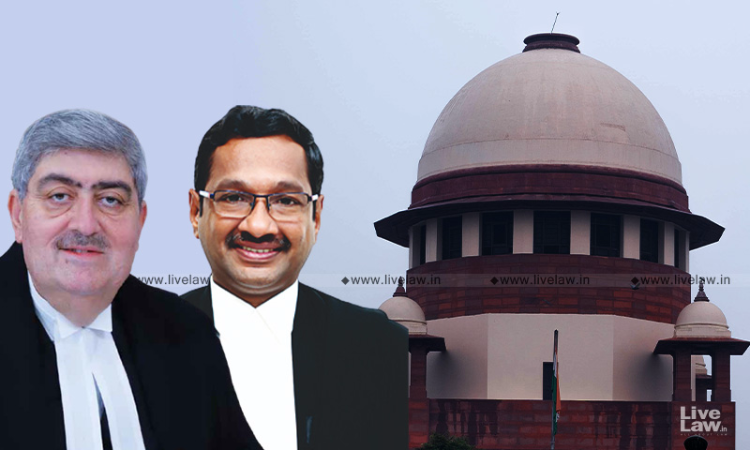Centre's Direction Not Binding On A State University, Only Recommendatory : Supreme Court
Sohini Chowdhury
8 April 2022 12:46 PM IST

Next Story
8 April 2022 12:46 PM IST
The Supreme Court, on Thursday(April 7), held that a direction issued by the Union Government is not binding on a State University and that it is only recommendatory.Holding so, the Court held that a Registrar of a State University cannot make a claim for a higher pay scale based on a circular issued by the Central Government.A Bench comprising Justices Sanjay Kishan Kaul and M.M....
